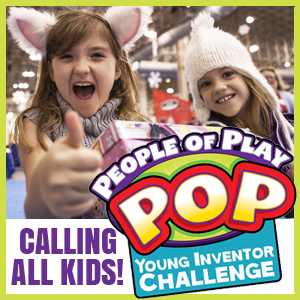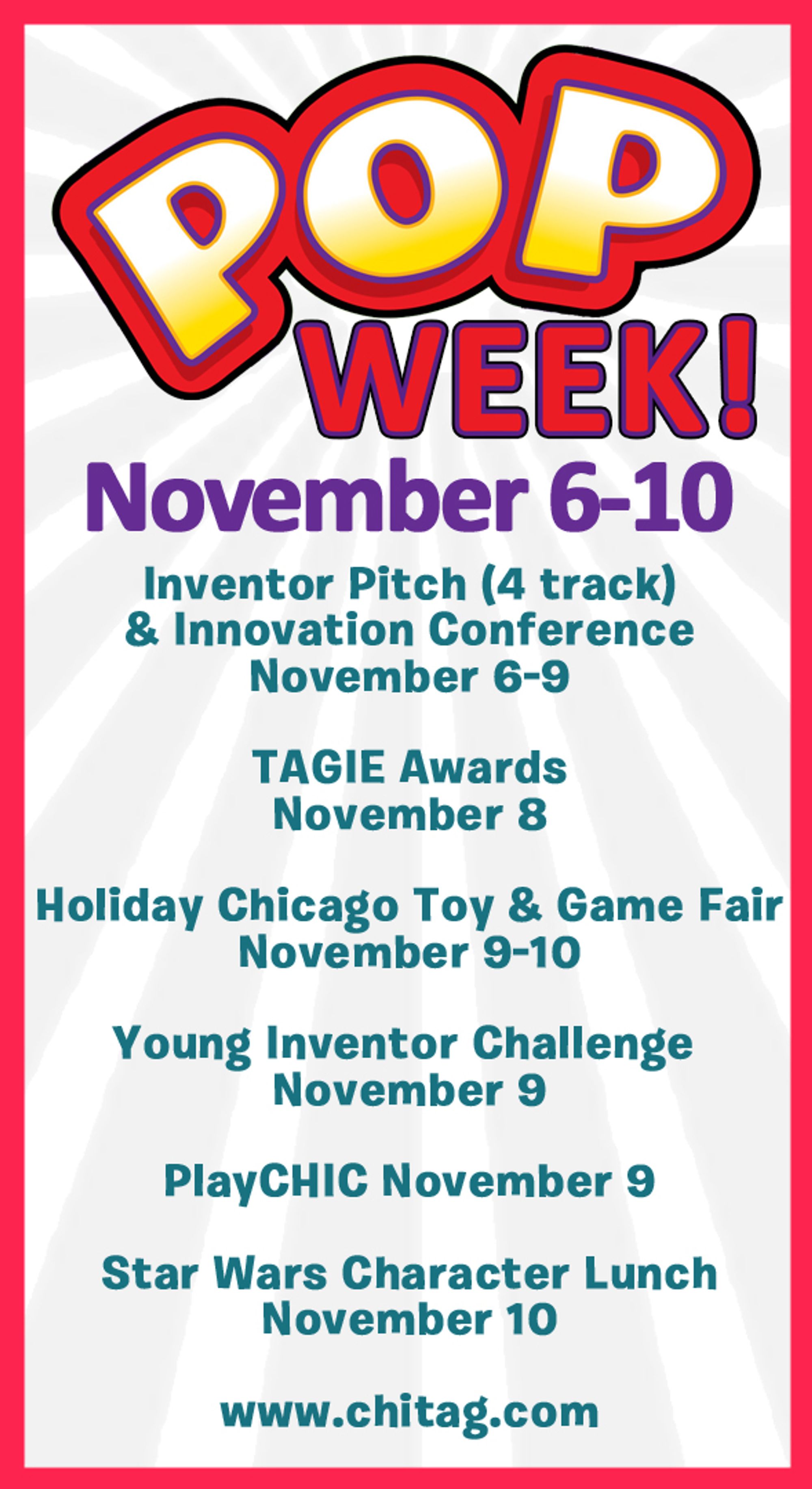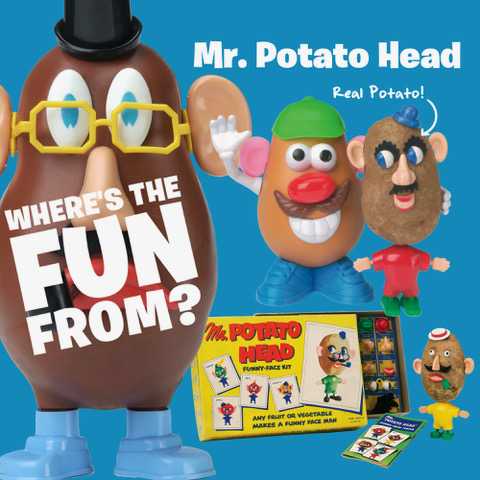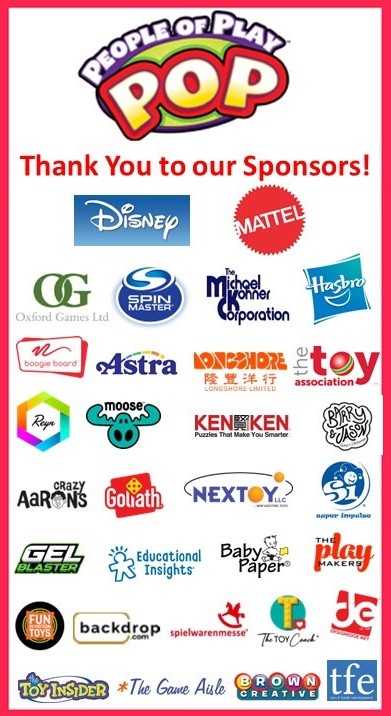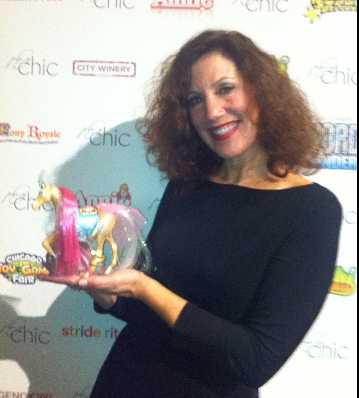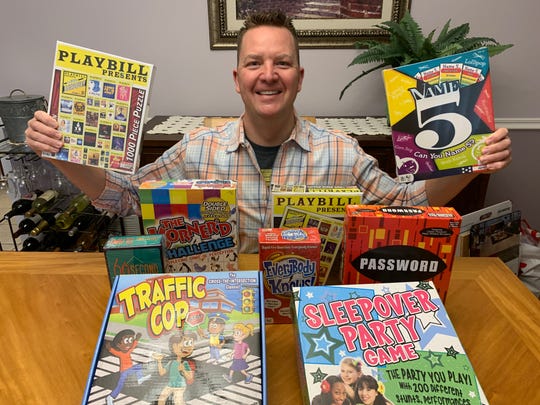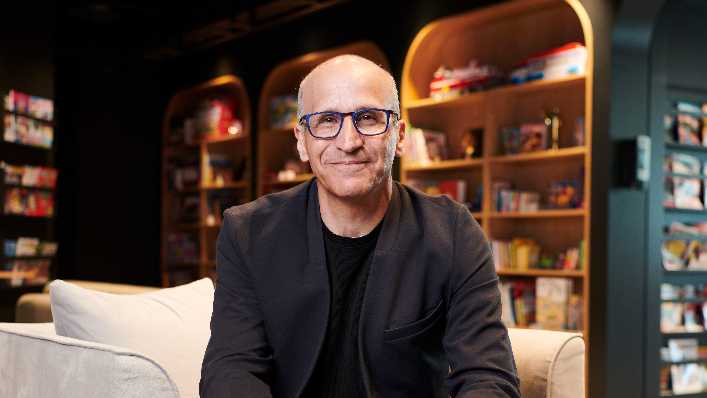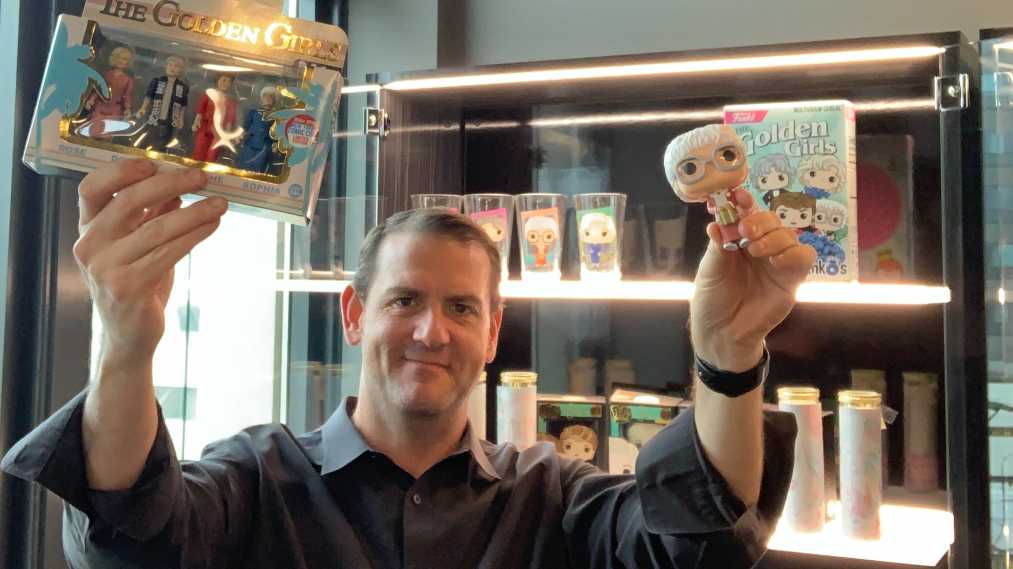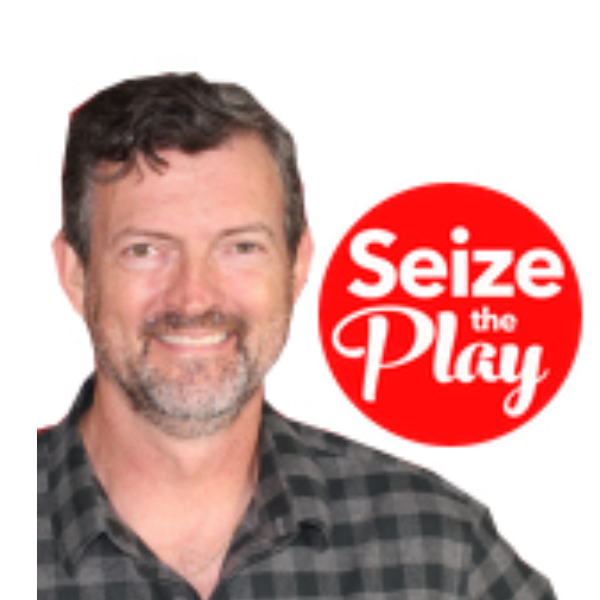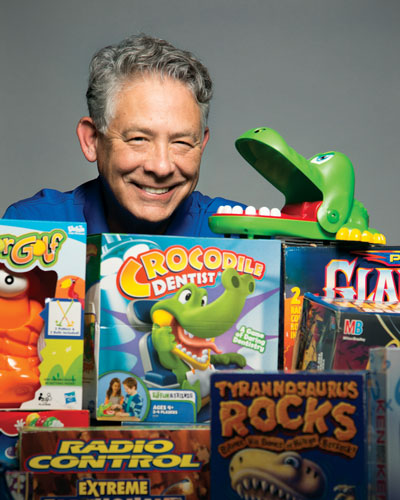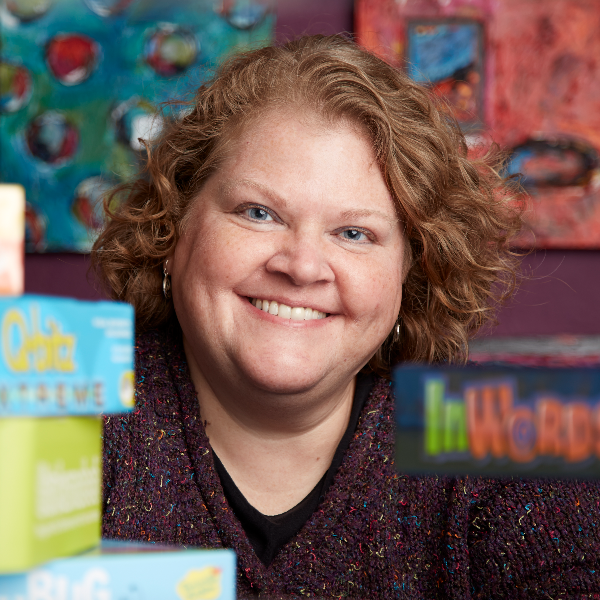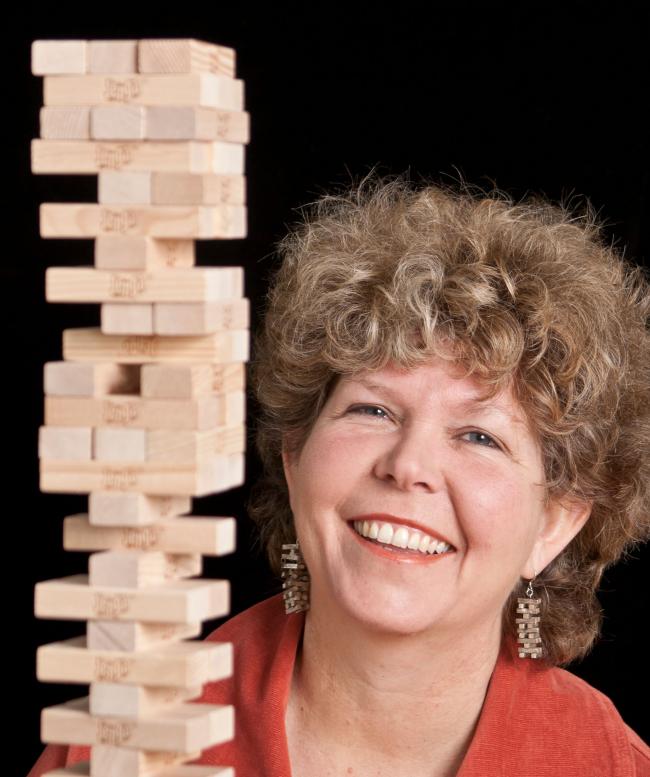Growing up, what was your favorite way to play?
Growing up most of my play time was solitary play. I am the youngest of three with my closest sibling being nine years older. Add to that, the only kids in my neighborhood were two boys, both a year older than me, and I swear they both had cooties.
With that said, I did a lot of doll play which varied by the season. During the summer, I would take my Barbie and Ken outside and play under a huge willow tree in the backyard. I gathered sticks, rocks, moss, leaves, and whatever else I could find to build them a house. Once the house was built, I’d tear it down and go inside. The rest of the year, I played with my baby dolls. I would sit them in rows, and I would read to them and teach them math.
What is your favorite way to play today?
My all-time favorite is having playdates with my granddaughter. She lives in a different state than me, so our playdates are only about every six weeks. My next favorite way to play is travelling with my husband. We do two really nice trips a year. Clearly, those are special play times.
On a regular basis it would “dancing” in my Jazzercise class and playing fetch with my cats. I also enjoy reading old cookbooks in preparation for giving talks on the history of recipes and cooking in America. The same applies to coming up with ideas and preparing for workshops on ways to make playful learning activities using safe household recyclables and low cost materials. (Or as I call it: “playing from scratch”).
What do you think is the best toy ever? Why?
A cardboard box ... because it allows for soooooo much creative play and facilitates all kinds of learning and development. Not to mention, it’s readily accessible.
What is your connection to play?
I have always been a play person. I honestly cannot name a time when I did not know or feel the importance of play and leisure activities in one’s life. Is this due to nature? Nurture? Most likely both. Growing up I observed my parents’ enjoyment in getting together with friends to play cards, go bowling, and volunteer. My mother’s creative outlet was playing the piano, embroidering and crocheting. My father found pleasure and relaxation in gardening, fishing, and making things out of wood (e.g. shelves, toys, duck decoys).

I also picked up on the importance of playful activities when my father would reflect on his time spent in a German POW camp during WWII. At night when they were locked in the barracks they would play cards, tell stories, and sing. However, this changed when they were evacuated and forced to march westward; there was no card playing, no storytelling, and no singing. In camp, they got some food, and a shelter to sleep in. On the march, they had none of that. Every ounce of psychological and physical energy they had went to their survival.
But honestly, I thought everyone felt the same way about the importance of play. That is until my sons’ school district eliminated morning recess. The kids were upset about it. Some of them took up a petition to restore recess and sent it to the superintendent. The reply – “thank you”. It on a field trip when I heard one of the teachers say, “Perhaps recess isn’t important.” What?!?! Are you kidding me? Both students and teachers need a mental and physical break ... to clear the mind, to relax, or to “get the willies out”. Effective learning needs such breaks. Growing up in a strong union manufacturing town it was known that no matter which shift the person was working, they had a 15 minute break between start time and “lunch” and another between “lunch” and end of shift. That break provided both mental and physical relief from standing and concentrating on the lathe or drill press they were operating. It was at that point that I came out of the toy bin and became a play advocate.
Over the summer of 2002 I researched educational programs about youth advocacy and came across "Project Citizen" (Project Citizen - civiced.org) and the International Play Association's (IPA) work on Article 31 of the UN's Convention on the Rights of the Child which says that children have a right to play. (UN Convention on the Rights of Children – IPA USA) I shared this information with my sons’ teachers and collaborated with them to prepare the now 5th graders to go before the school board to advocate a change in policy. To prepare for the school board meeting, the "Recess Rebels" participated in a state-wide "Project Citizen" competition against 8th graders ... and won. They went to nationals in San Francisco and received top honors.
It was also during this time that I developed and taught the first play focused course at UW-Madison which included a service-learning component – a community Play Day. Students met both indoors and out to experience and discuss the power that play holds in an individual’s journey to knowledge. There were hands-on activities, guest speakers, lectures, and group discussions. Through these hands-on, daily and weekly activities, students were not only encouraged to focus on how play might be applied in their own fields of study, but to go forth and try it out.
For the community Play Day, each student offered a playful activity designed for families to create and play together. In addition, the student’s station included a poster explaining the activity, its history and/or cultural relevance, the ways in which the making and playing benefited participants with respect to cognitive, physical, and social development, its connection to STEAM, and suggestions for how to play.
Since then, I’ve co-authored a book on the Power of Playful Learning, published in Highlights Magazine for Children, presented at numerous play and education conferences, and helped organize two play focused symposiums. It’s been over 20 years since hearing "Perhaps recess isn't important." I’ve tried my best to an advocate for play and to educate everyone I meet that play, recreation, and having fun is important for ALL individuals of ALL ages and abilities. And that's my story.
What are you still hoping to accomplish?
As you know, the goals we set for ourselves in childhood generally change as we learn more about ourselves and the world. As a child, I wanted to be a teacher, be a mom, study in Germany, be published in Highlights, write a children’s book, and create a game. (I was never one of those “I want to be a princess” kind of girl.) So far, I haven’t done too bad. I am a mom of two sons. I was an educator for 30 years. I'm in Highlights and I have a book.
What I did not anticipate was that I would earn my Ph.D. and teach at the college level. My last fulltime teaching gig was at the University of Wisconsin-Madison. Even in grad school, I NEVER imagined I would teach at a Big Ten school.
And who would have guessed that I would have created and published a dance – “Four on the Floor” - in honor of my brother who loved country line dancing.
I am blessed. But are there things I would still like to achieve? You bet. I still want to:
- Publish a game
- Publish a children’s book
- AND I’d like to be a featured speaker on a “Let’s Play“ themed cruise. For each country/area, I would talk on the ways people played over the past couple hundred years. The talks would include the different toys/equipment they used, how they were made and what they were made from, how they’ve changed, etc.
How did you learn about ChiTaG, POP, and the PIE Conference?
Believe it or not, it was watching “Cup Cake Wars” on Food Network. That episode wasn’t even finished when I did an online search and reached out to Mary Couzin.
Cupcakes and play ... a winning combination.
Recent Blogs
Recent Blogs
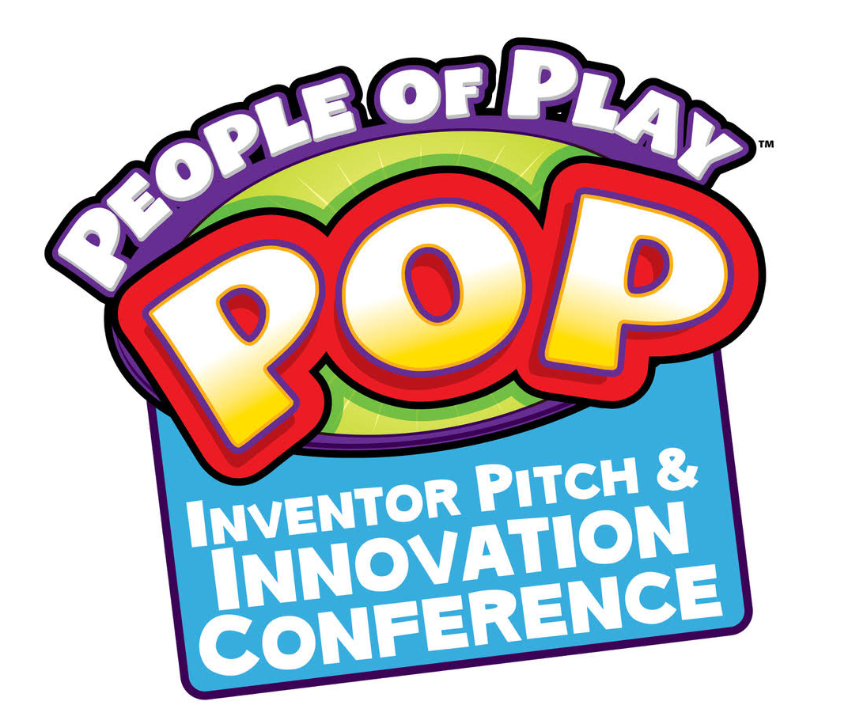
Press Release
TOY INDUSTRY MOVERS AND SHAKERS ANNOUNCED AS KEYNOTES AT PEOPLE OF PLAY’S INVENTOR & INNOVATION CONFERENCES
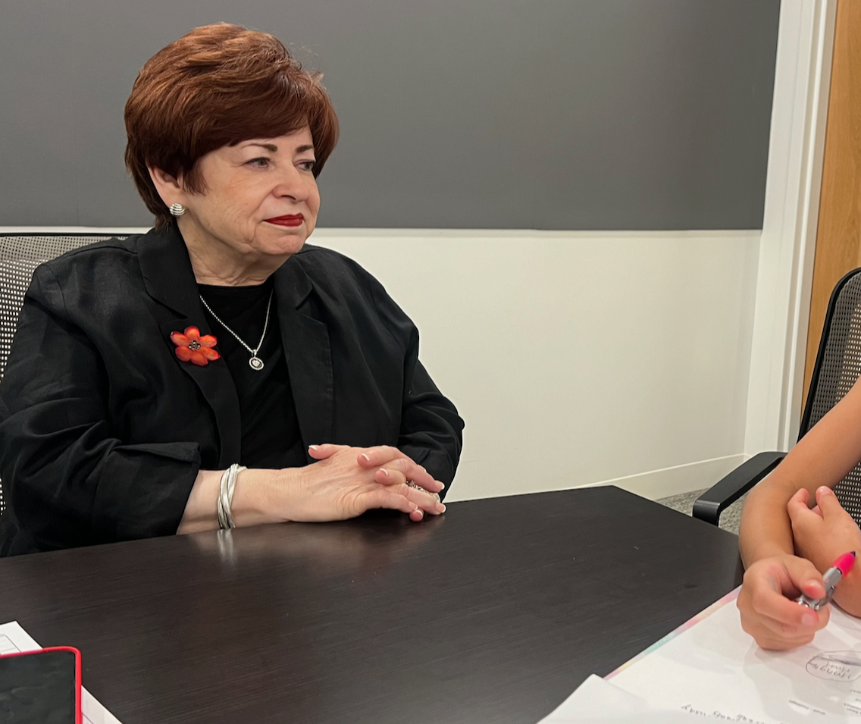
Industry Commentary, Op-Ed
Maxine Clark & the Young Inventor Challenge: Empowering My Daughter’s Innovation
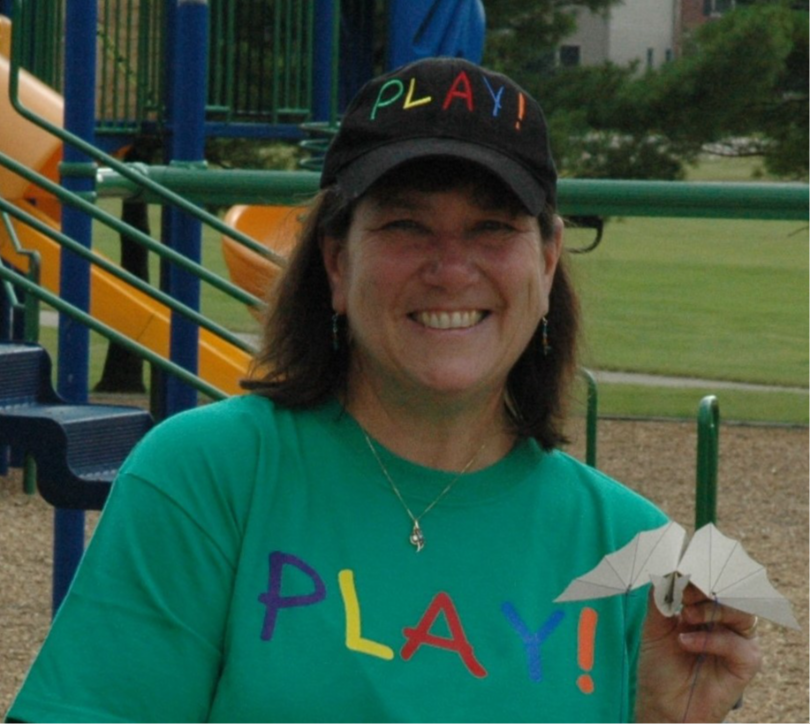
Biographies and Interviews
Joyce Hemphill
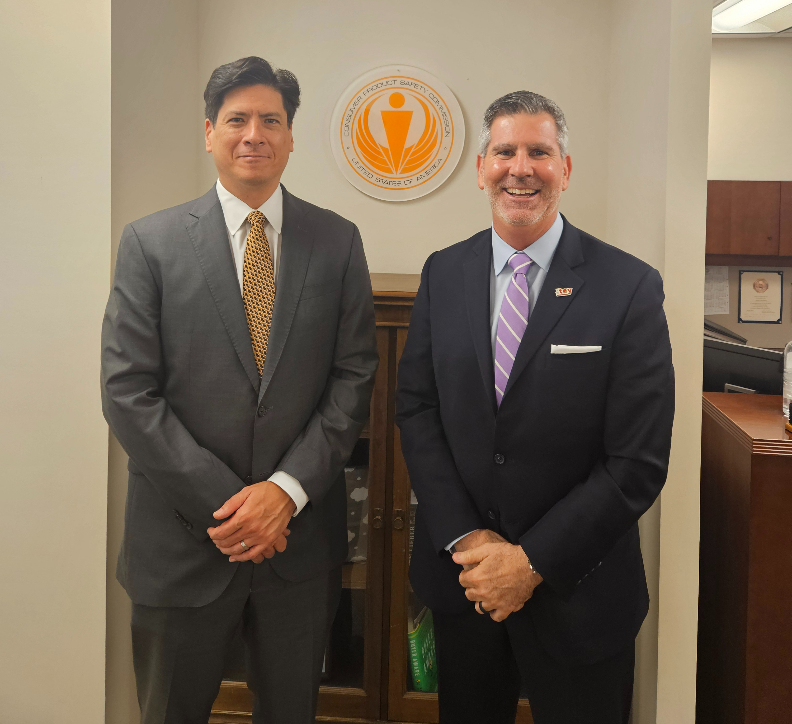
General
The Toy Association™ Meets with CPSC Chairman & Government Officials on Key Industry Priorities
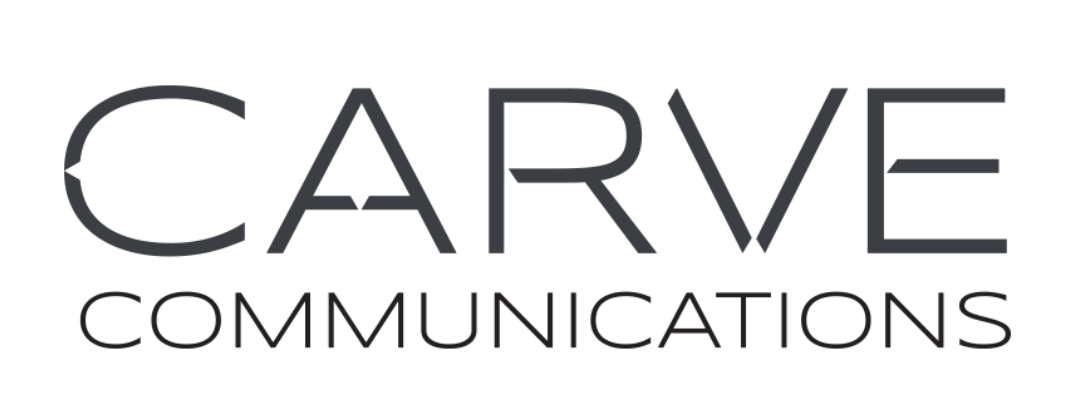
Press Release
CARVE COMMUNICATIONS ACQUIRES FREEMAN PUBLIC RELATIONS
See more
Recent Wiki
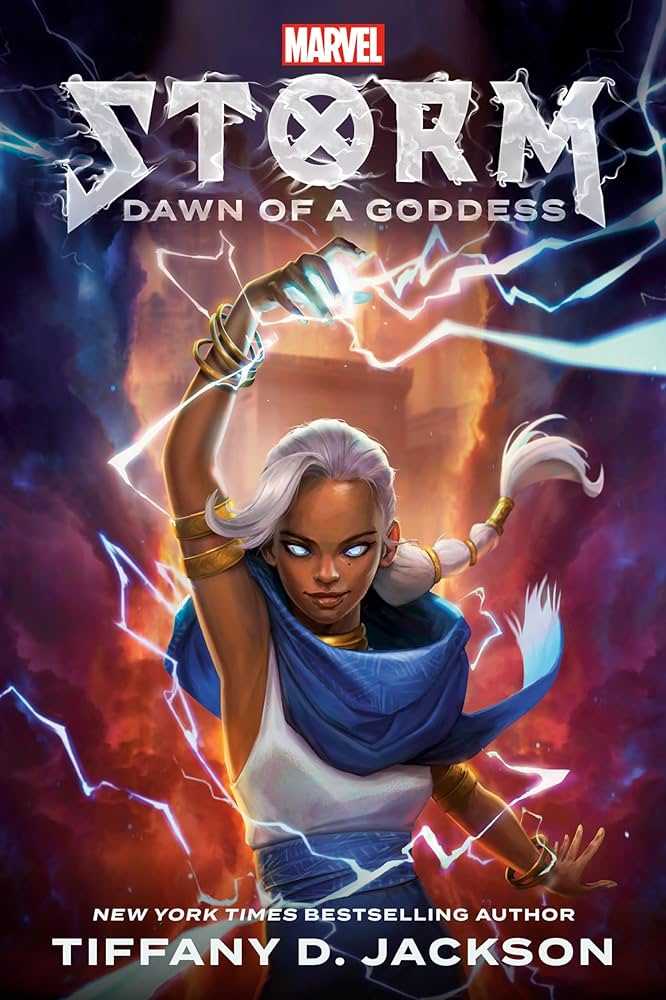
BOOK REVIEWS
Book Review: Storm: Dawn of a Goddess by Tiffany D. Jackson
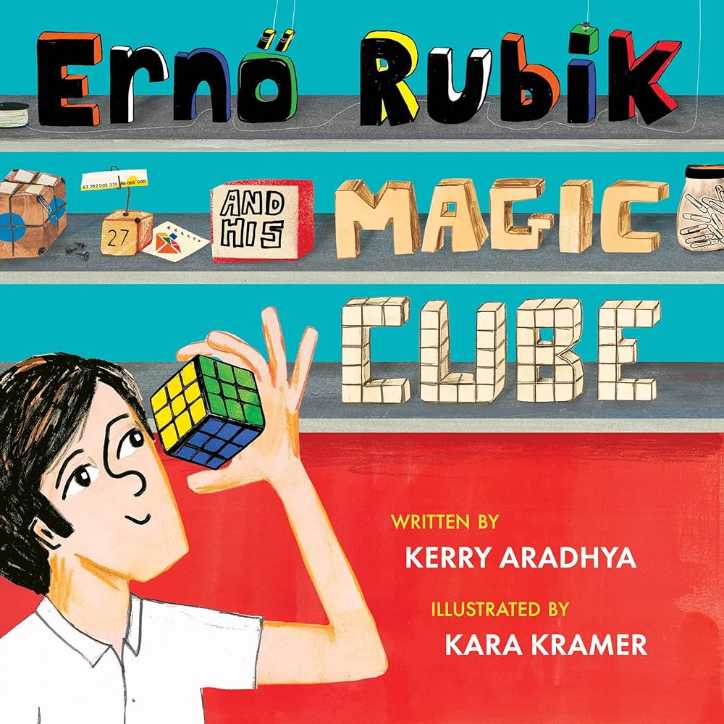
BOOK REVIEWS
Book Review: Erno Rubik and his Magic Cube by Kerry Aradhya
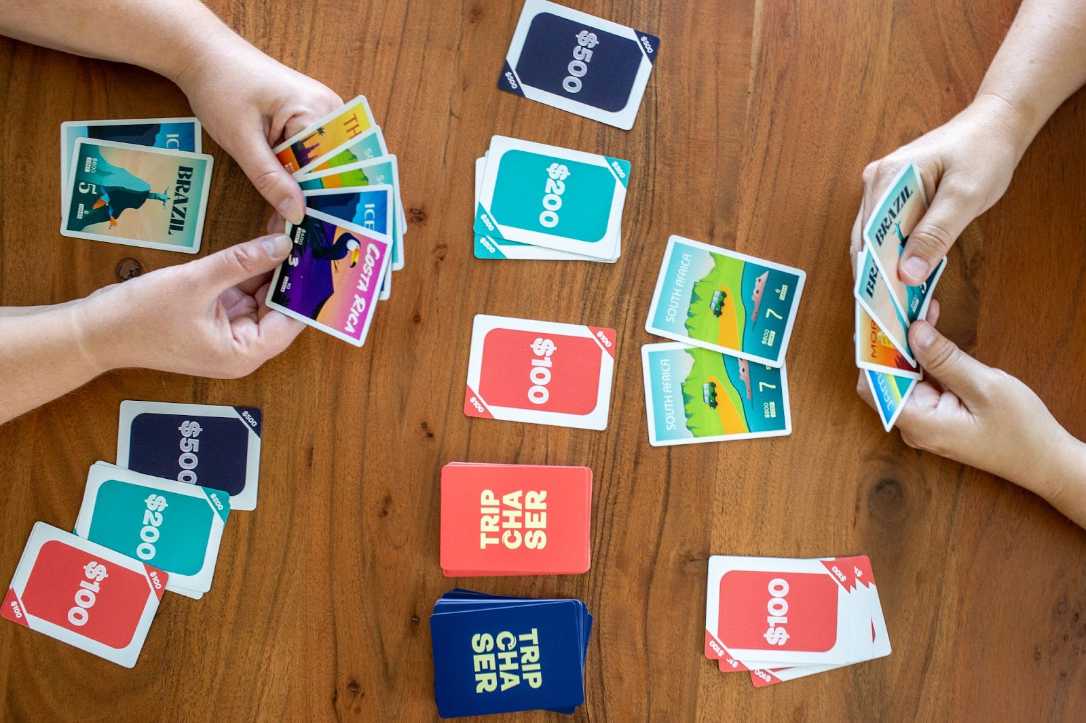
BOOK REVIEWS
Game Review: Trip Chaser
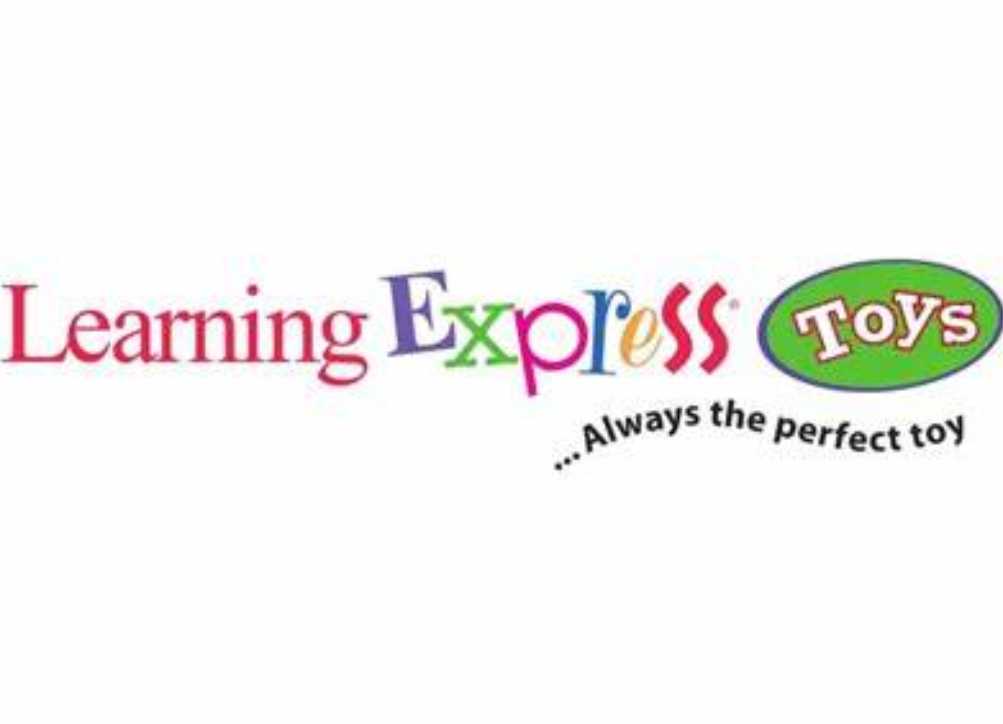
COMPANIES
Learning Express Toys Hosts 25th Annual Convention & Toy Expo at JW Marriott Tucson

MISCELLANEOUS
Submit Your LA Showroom Details for 2025 Toy Previews
See more
POP's Got Talent
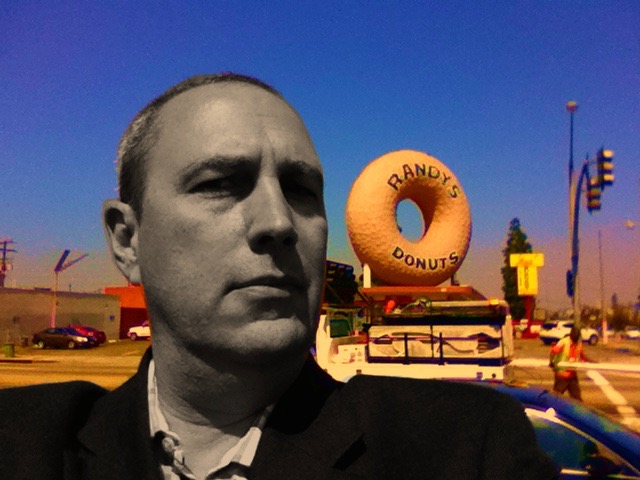
POP Entertainment
Randy Klimpert Shares his Ukulele Collection
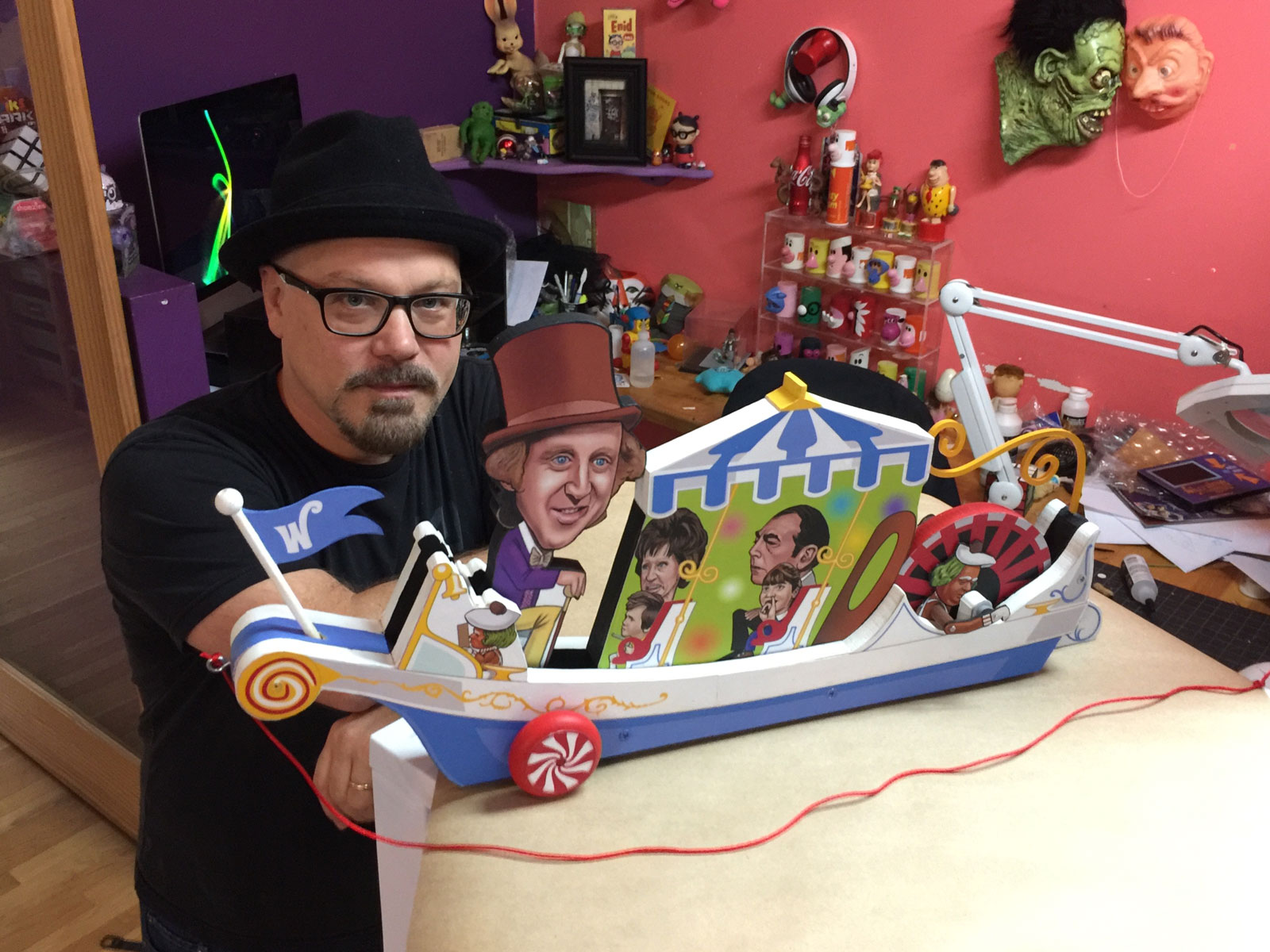
POP Entertainment
Steve Casino Peanut Art
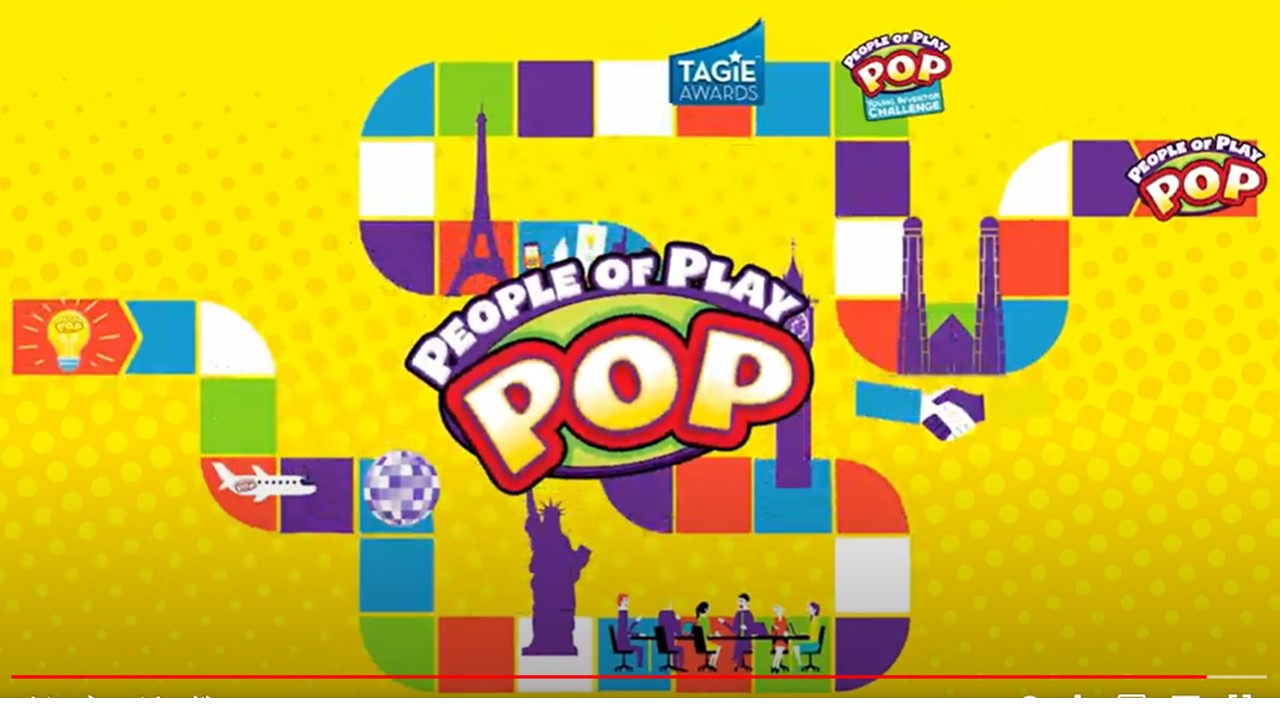
POP Entertainment
Everyone's Talking about POP!
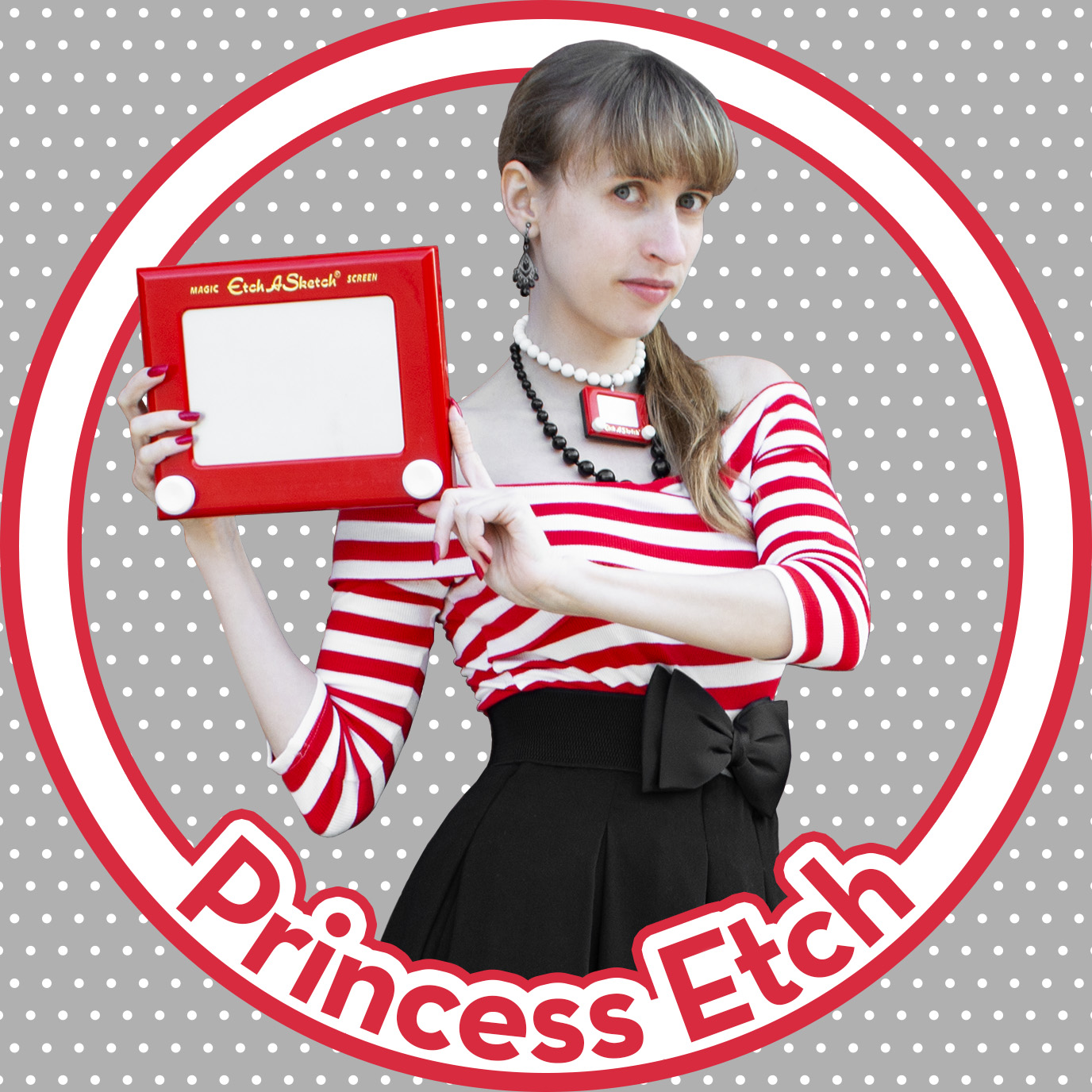
POP Entertainment
Princess Etch - a Multi-Talented Etch A Sketch Artist
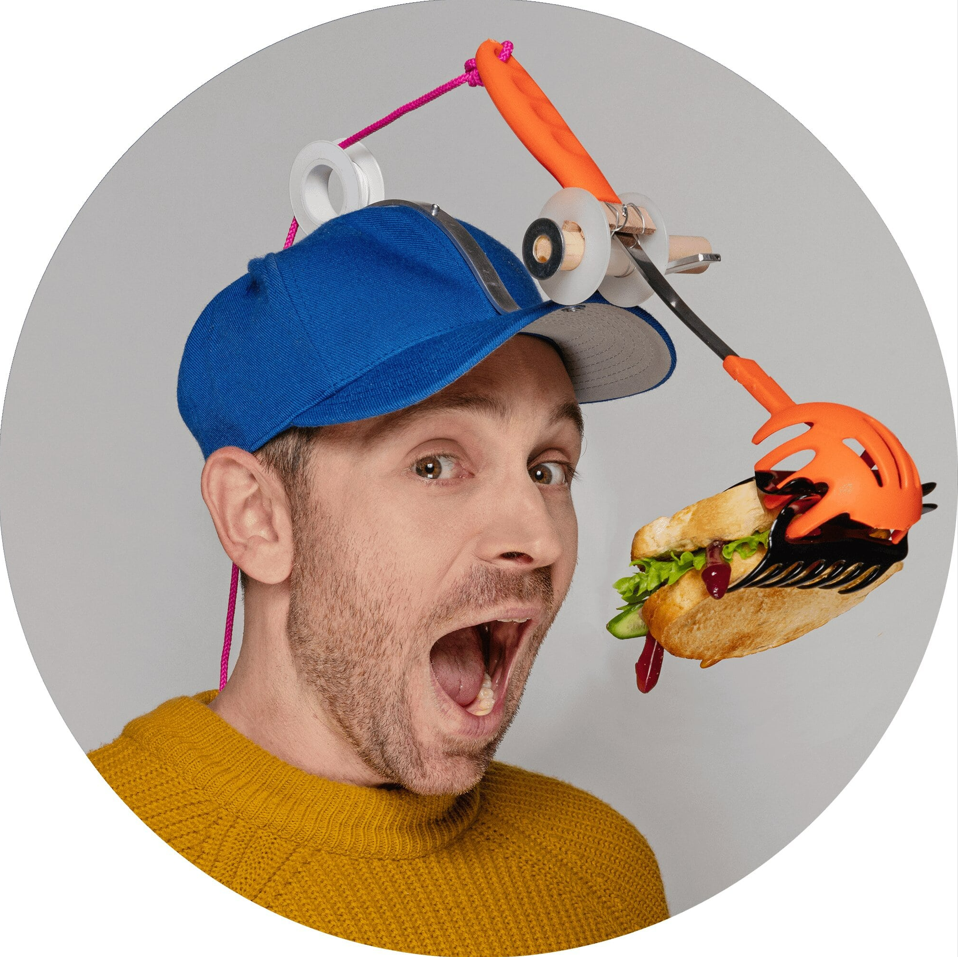
POP Entertainment
Joseph Herscher of Joseph' s Machines.
See more
Recent POPcast
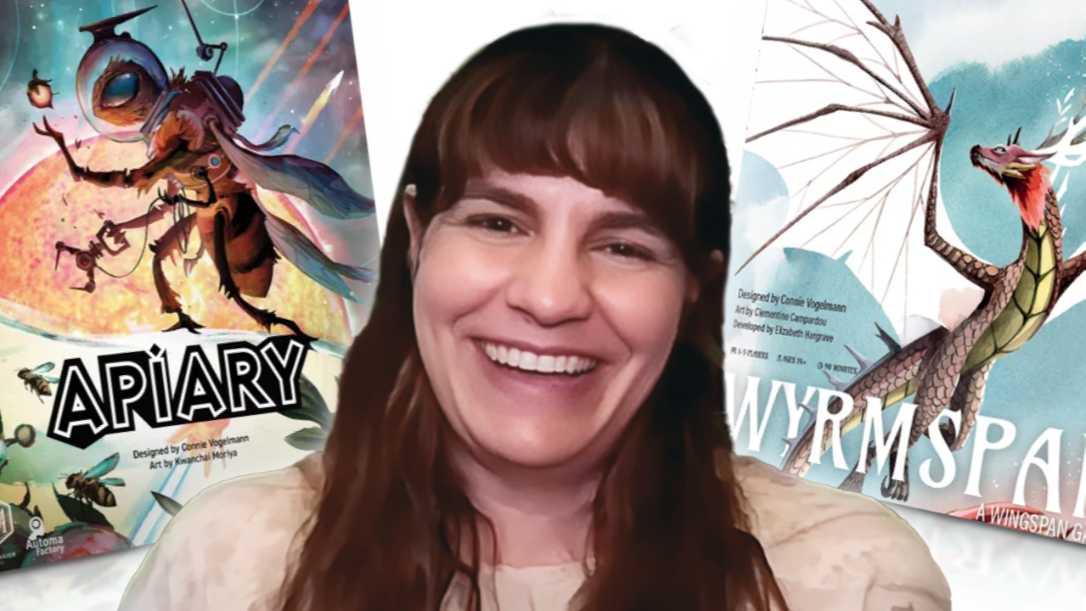
Hidden Role: The Brains Behind your Favorite Games
Connie Vogelmann designed Apiary & Wyrmspan!

Hidden Role: The Brains Behind your Favorite Games
Bob Fuhrer... Is THE Crocodile Dentist!
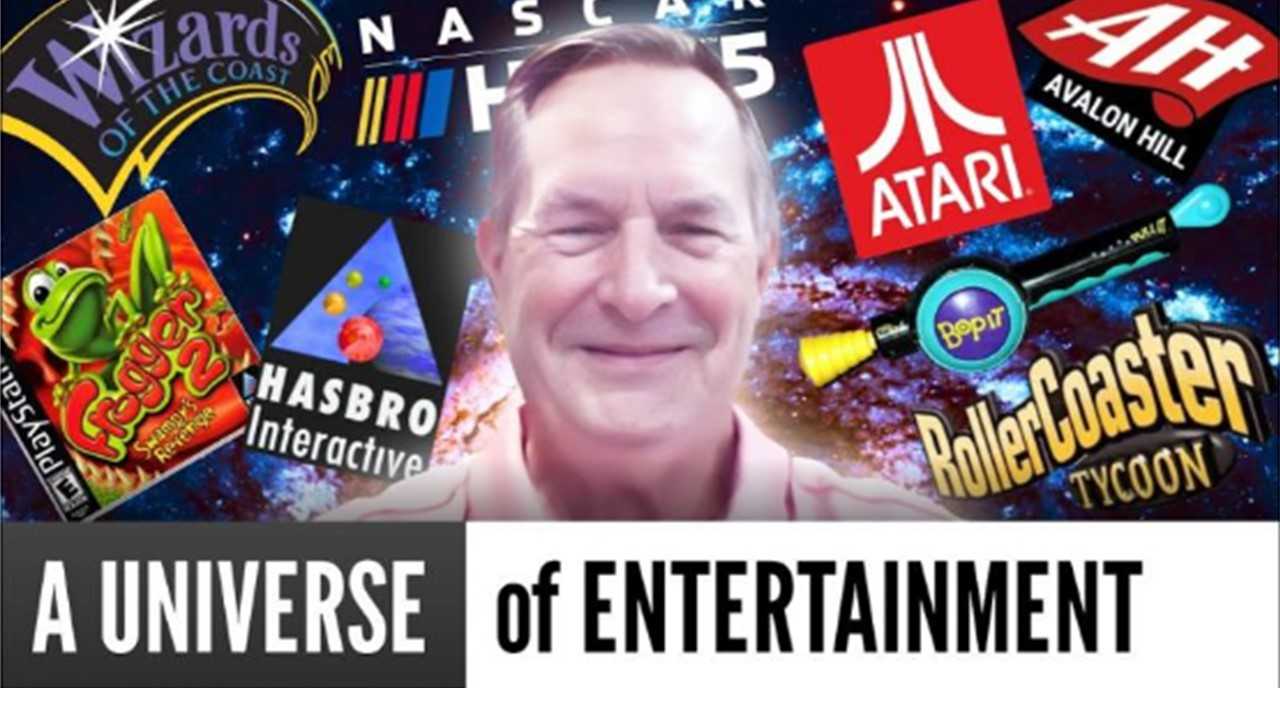
Hidden Role: The Brains Behind your Favorite Games
Tom Dusenberry... Bought Atari, Wizards of the Coast, and Avalon Hill!
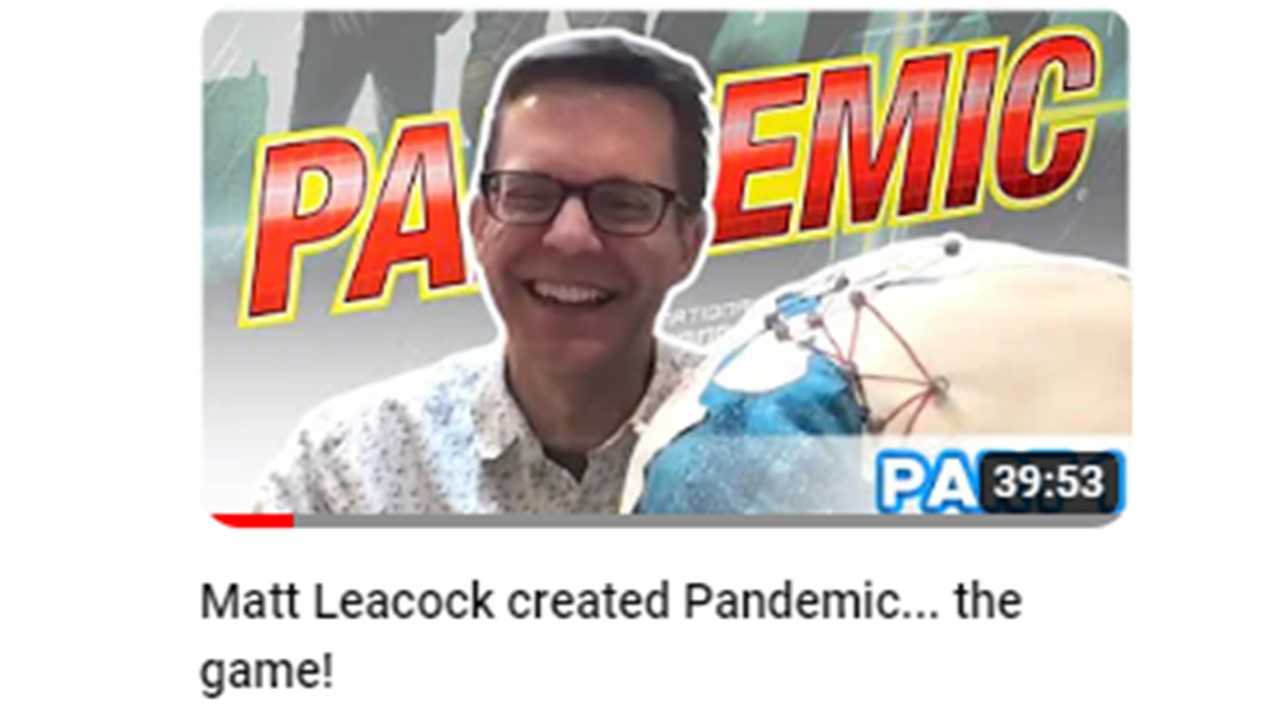
Hidden Role: The Brains Behind your Favorite Games
Matt Leacock created Pandemic... the game!

Hidden Role: The Brains Behind your Favorite Games
Scott Brown and Tim Swindle... are Launching a New Sport!
See more
POPDuos

POPDuos: Interviews with Legends and Leaders
POPDuo: Richard Dickson, Mattel’s President & COO, and Kedar Narayan, Young Inventor Challenge AMB

POPDuos: Interviews with Legends and Leaders
POPDuo: Will Shortz and Josh Wardle

POPDuos: Legends and Leaders Explore Creativity
POP Duo: Elan Lee, Co-Founder, Exploding Kittens.and Jeff Probst, Host and Exec Producer, Survivor

POPDuos: Legends and Leaders Explore Creativity
POP Duo: David Fuhrer, MNG Director, Blue Sq Innovations & Shawn Green, past Dodgers & Mets MLB Star

POPDuos: Legends and Leaders Explore Creativity
POP Duo: Bob Fuhrer, Founder, Nextoy and Tom Fazio, Golf Course Designer
See more
